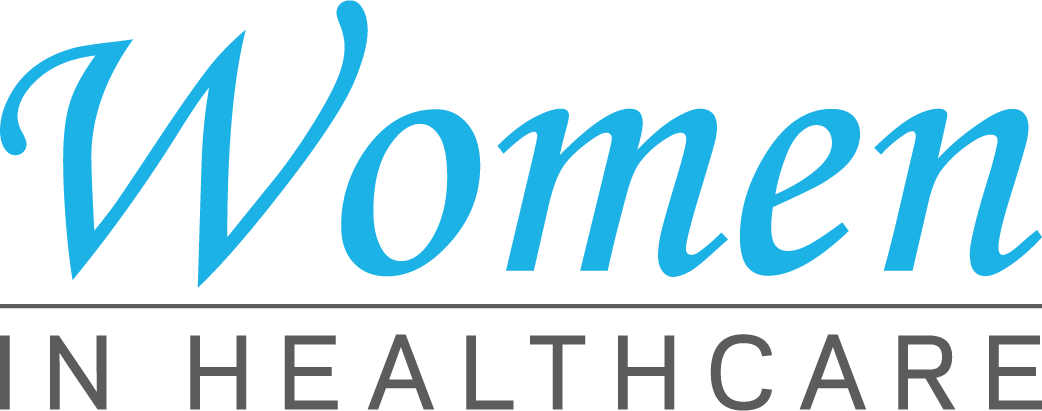Leading Healthcare RCM Strategies for Better Financial Efficiency
Leading Healthcare RCM Strategies for Better Financial Efficiency
Blog Article
Introducing the Benefits of Medical Care RCM in Improving Effectiveness and Precision in Revenue Cycle Management
In the quickly progressing health care landscape, the importance of Income Cycle Administration (RCM) can not be overemphasized. As medical care carriers make every effort for accuracy and effectiveness, RCM arises as a pivotal tool in enhancing procedures, reducing mistakes, and enhancing financial outcomes.
Streamlining Management Tasks

In addition, the combination of digital health documents (EHR) with RCM systems facilitates real-time information gain access to and sharing, enabling healthcare specialists to make informed choices promptly. This interconnectedness not only enhances communication in between scientific and management groups however likewise boosts person fulfillment by minimizing waiting times and payment disparities - Healthcare RCM. Additionally, streamlined management procedures enable better compliance with regulative requirements, mitigating risks connected with audits and charges
Eventually, the focus on refining administrative jobs in RCM results in set you back savings and enhanced monetary efficiency. By purchasing automation and optimizing operations, healthcare organizations can accomplish a more lasting revenue cycle, ensuring long-term stability and the capacity to adjust to developing sector demands.
Enhancing Cases Handling
How can medical care companies enhance the performance of their claims processing? By utilizing automation and sophisticated analytics, RCM systems enhance the facility and usually difficult insurance claims processing tasks.
In addition, real-time analytics play a pivotal duty in improving claims processing efficiency. These analytics tools provide understandings into bottlenecks and possible denials, permitting health care service providers to attend to problems proactively. Predictive analytics can anticipate patterns in case denials, making it possible for preemptive actions to alleviate them, thus decreasing the moment taken for cases to be refined and accepted.
Furthermore, the fostering of digital health and wellness documents (EHR) incorporated with RCM systems guarantees seamless information circulation, minimizing redundancies and increasing the accuracy of info sent in cases. A regular feedback loop promoted by RCM systems even more improves the process, cultivating continual enhancement.
Inevitably, by leveraging technology-driven options in claims processing, health care organizations can boost functional effectiveness, improve money circulation, and provide a smoother experience for individuals and team alike.
Lowering Economic Mistakes
Exact monetary monitoring is crucial in health care, where decreasing financial errors can considerably affect operational success. Monetary errors, whether as a result of wrong invoicing, coding inaccuracies, or mismanagement of client accounts, can cause significant profits loss and strained connections with individuals and payers. Dealing with these mistakes is essential to keep a health care organization's economic health and boost its track record.
Medical Care Revenue Cycle Administration (RCM) plays a critical duty in reducing such errors via structured processes. By executing standardized treatments for billing, coding, and collections, doctor can make certain that financial deals are managed with accuracy. Comprehensive training for staff on existing coding regulations and invoicing practices likewise reduces the likelihood of mistakes, guaranteeing insurance claims are appropriately processed and compensated.

Furthermore, detailed audits and routine financial testimonials within the RCM framework enable the early detection and improvement of inconsistencies. Guaranteeing precision in patient information entrance and confirmation additionally minimizes mistakes, as this is usually a primary resource of mistakes. By concentrating on these calculated areas, medical care organizations can lower economic errors, thus securing their income streams and improving overall functional performance.
Leveraging Advanced Technologies
In today's rapidly progressing medical care landscape, leveraging advanced innovations is essential for maximizing Revenue Cycle Monitoring (RCM) processes. By incorporating sophisticated solutions such as fabricated intelligence (AI), equipment learning (ML), and investigate this site robot process automation (RPA), doctor can considerably improve the performance and precision of their RCM procedures. These innovations assist in streamlining repeated jobs, reducing manual errors, and enabling quicker handling of claims.

Additionally, the combination of blockchain innovation improves data protection and transparency within RCM (Healthcare RCM). It makes certain that delicate details is secured while keeping an immutable document of purchases. This is vital for building trust fund with people and stakeholders
Boosting Financial Efficiency
Structure on the efficiencies acquired via sophisticated technologies, health care carriers can substantially improve their economic performance by fine-tuning their Income Cycle Management (RCM) techniques. By optimizing payment procedures, decreasing claim denials, and improving money flow, medical care establishments can accomplish much better monetary stability.
Furthermore, information analytics within RCM systems offer useful understandings into economic trends and functional bottlenecks. By leveraging these understandings, medical care companies can make enlightened decisions to improve monetary outcomes, such as readjusting invoicing practices or renegotiating payer contracts. Improved precision in coding and paperwork further lowers case beings rejected and audits, promoting a smooth revenue cycle.
In addition, client interaction tools integrated within RCM systems improve person fulfillment by giving transparent payment info and flexible settlement alternatives. This openness not just boosts patient-provider connections but likewise urges prompt settlements, minimizing impressive accounts receivables.
Conclusion
Medical Care Revenue Cycle Administration substantially enhances effectiveness and accuracy by improving management tasks and enhancing claims processing. Via the decrease of monetary errors and the integration of innovative technologies such as AI and predictive analytics, RCM promotes conformity with payment codes and offers important insights right into economic fads. This systematic strategy not only decreases possible case denials but likewise increases economic efficiency, thereby cultivating depend on and transparency with people and stakeholders within the healthcare system.
As healthcare providers strive like this for precision and efficiency, RCM emerges as a critical device in streamlining procedures, reducing mistakes, and boosting financial outcomes.Improving administrative tasks in healthcare income cycle management (RCM) offers substantial benefits by enhancing operational performance and lowering the worry on staff.Medical Care Earnings Cycle Management (RCM) plays an essential role in reducing such mistakes here with structured processes.In today's quickly developing health care landscape, leveraging advanced modern technologies is crucial for maximizing Revenue Cycle Management (RCM) processes.Structure on the effectiveness gotten with sophisticated innovations, medical care suppliers can considerably enhance their financial performance by fine-tuning their Earnings Cycle Monitoring (RCM) approaches.
Report this page